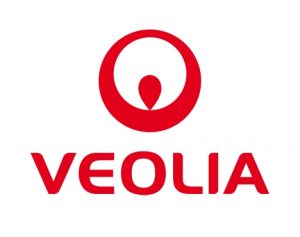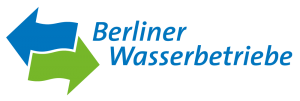Bank filtration and groundwater recharge are important treatment steps for drinking water production, e.g. in Berlin. The project was initiated to get a deeper understanding of the behavior of anthropogenic and natural organic substances during bank filtration. The project’sd aim was to develop optimal design and operational parameters for bank filtration sites by means of hydrogeological models and on-site monitoring.
The results are summarised in the following reports, all of which were prepared after the project’s internal review.
Block error: "Call to a member function resize() on null" in block type: "references"


- Behavior of Trace Pollutants During Bank Filtration and Ground Water Recharge of Wastewater-impacted Surface Waters
- Impact of temperature on biodegradation of bulk and trace organics during soil passage in an indirect reuse system
- Cyanobakterientoxine bei der Uferfiltration. Unter welchen Umständen ist ihre Elimination sicher?
- Are there limits to cyanobacterial toxin (microcystin) elimination by sand passage?
- On the behaviour of microcystins in saturated porous medium

